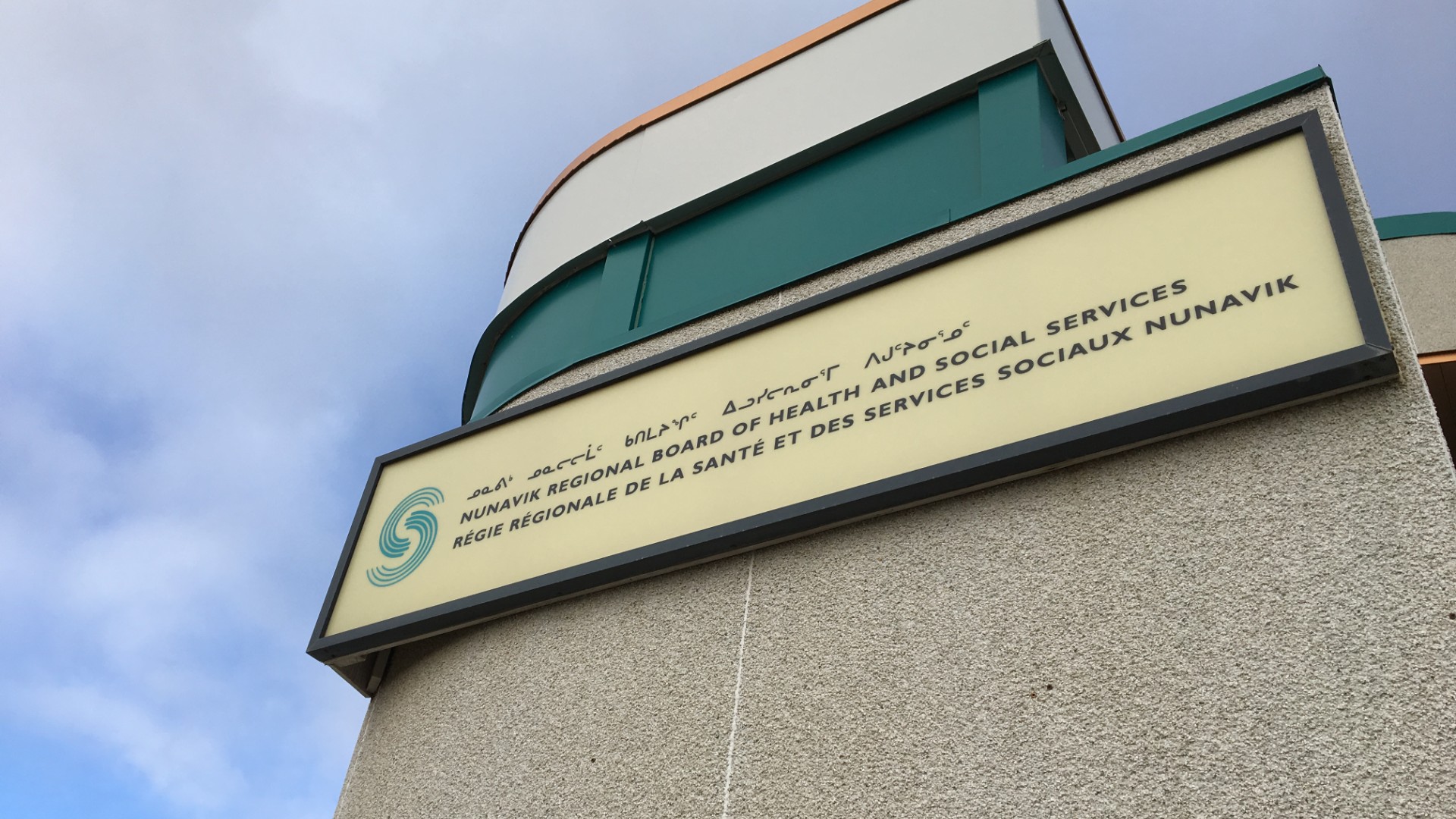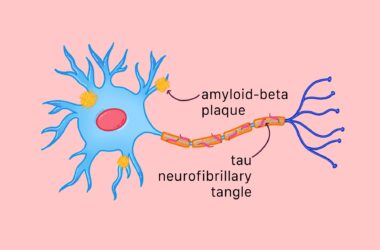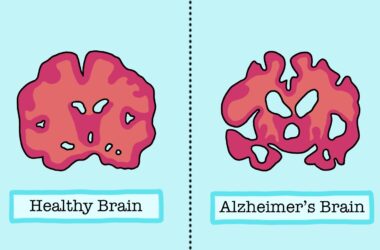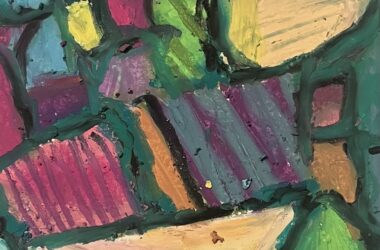McGill’s Department of Family Medicine is developing a course that aims to help doctors and researchers understand Inuit perspectives on healthcare that they expect to be open for enrollment by the Fall of 2021. Spearheading the development of this new Inuit health module is recently appointed associate professor of Family Medicine Richard Budgell, who is of mixed Inuit ancestry himself.
Bringing with him over 30 years of experience working with Inuit and other Indigenous groups in Quebec and Labrador, Budgell assures that the new module will foster important discussions regarding a range of topics related to community health in the Canadian north. The module will focus on educating medical students about the Inuit view of healthcare, the historical effects of colonialism on Inuit health practices, and the history of disease as a result of first contact with European settlers.
“The Canadian health[care] system has been imposed on Inuit,” Budgell said in an interview with The McGill Tribune. “[We should] approach people with a sense of humility as opposed to a sense of superiority.”
Despite stereotypes that Inuit reside only in remote areas, Budgell explained that there are hundreds of Inuit who travel from Inuit land claims regions, such as Nunavik in northern Quebec, to receive care in Montreal. For example, it is not uncommon for expectant Inuit mothers to travel hundreds of kilometres to give birth in Montreal.
Budgell noted that Inuit patients have very different definitions of health than many Canadian doctors, a factor which greatly impacts the quality of care that clinicians can provide. Generally, Inuit regard health as a holistic experience, one that includes an important spiritual component—a facet of health that Western medicine has been criticized for overlooking. As such, when addressing the concerns of Inuit patients, Budgell advises doctors to respect the importance of spirituality.
“[We’ll be] looking at systemic issues in terms of colonialism and how that has affected [Inuit’s] contemporary experience,” Budgell said.
Inuit often receive care at institutions that are scarcely staffed by Inuit healers, a systemic issue echoed by the under-representation of Indigenous doctors in the Canadian healthcare system and an outstanding problem that the module seeks to address. Budgell explained how this disparity stems from Indigenous youths’ relatively low high school completion rates in comparison to the rest of the population. When Inuit students are not presented with opportunities to contribute to their communities, students can become discouraged by academic work.
“The education that [Indigenous] people are receiving in elementary and high school has very little cultural relevance to them,” Budgell said. “I’d like to see a world where health facilities in Indigenous communities are dominated by Indigenous people.”
Before beginning his position as associate professor, Budgell served as the Regional Executive Director of the First Nations and Inuit Health Branch for Indigenous Services Canada, a title with demanding responsibilities. His biggest challenge was confronting cultural stereotypes about Indigenous peoples harboured by many Canadians, biases that he hopes to dismantle in his course.
Nationwide, high school and elementary school curricula have been slow to incorporate pre-colonial Indigenous history, let alone lessons on Indigenous health practices. A first introduction to the basics of Indigenous culture at the post-secondary level is a reality for many Canadians, but Budgell emphasized that blame should not be put on the students themselves.
“You can’t blame people for having been the product of poor education,” Budgell said. “The curriculum about Indigenous people has been inadequate probably everywhere across the country.”
Budgell’s ultimate goal is to engage in a dialogue with students. He encourages them to contact him with questions about Indigenous health in order to begin what are, in his view, long overdue conversations.
“We all have knowledge and we all have questions,” Budgell said.









